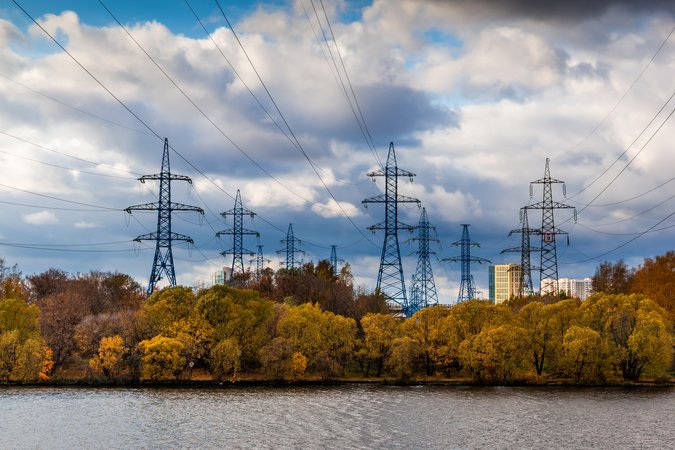Deepwater Drilling: Recommendations for a Safer Future
Event Details
In April 2010, the Deepwater Horizon drilling rig exploded in the Gulf of Mexico, killing 11 men and spilling approximately 200 million gallons of oil into Gulf waters. The oil spill—the largest accidental spill of its kind in US history—demonstrated significant deficiencies in effectively managing the catastrophic risks associated with drilling at new depths. In the aftermath, industry and government have begun to explore new ways to improve their capacities to adequately assess and manage risk.
In August 2010, the RFF Center for Energy Economics and Policy (CEEP) responded to a request from the National Commission on the BP Deepwater Horizon Oil Spill and Offshore Drilling to conduct research to inform the Commission’s work. As a result, RFF researchers identified key recommendations to improve the safety of future operations and build US regulatory practices as the benchmark for deepwater oil drilling.
This panel explored some of those recommendations resulting from RFF’s research on the risks of deepwater drilling (download document below).
Audio and Video:
Event Audio (mp3) click to stream and right-click to download




